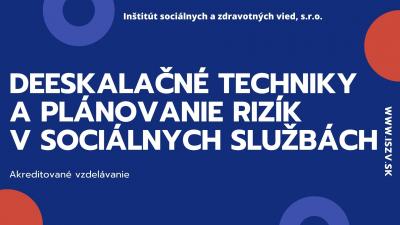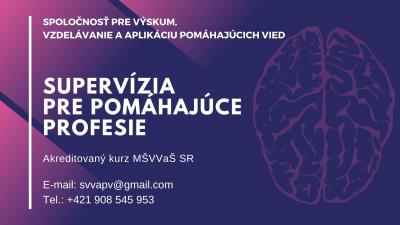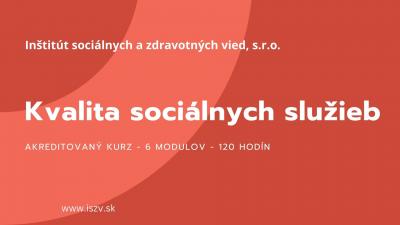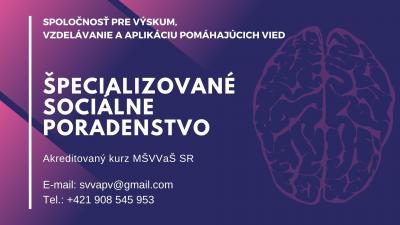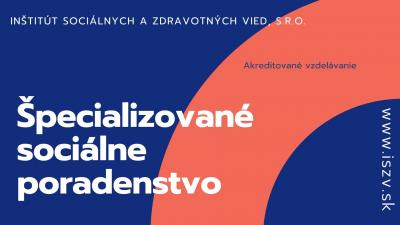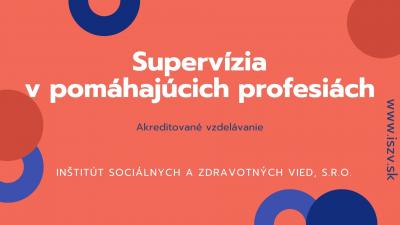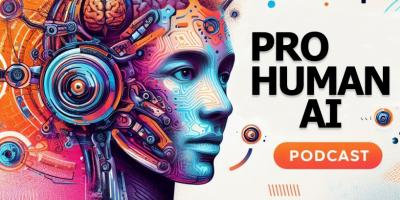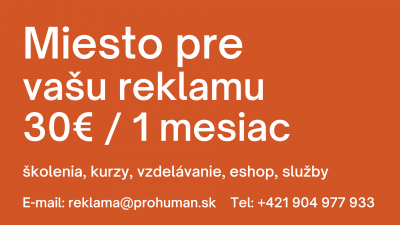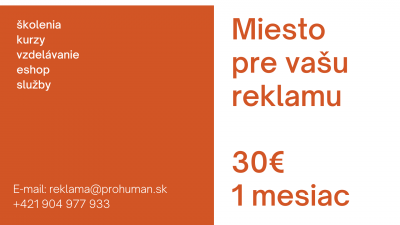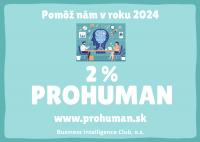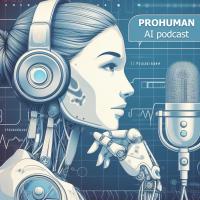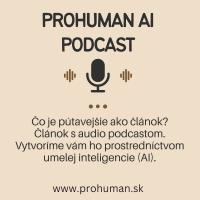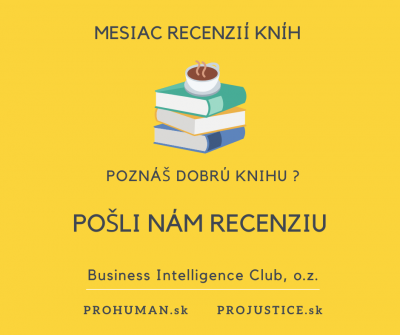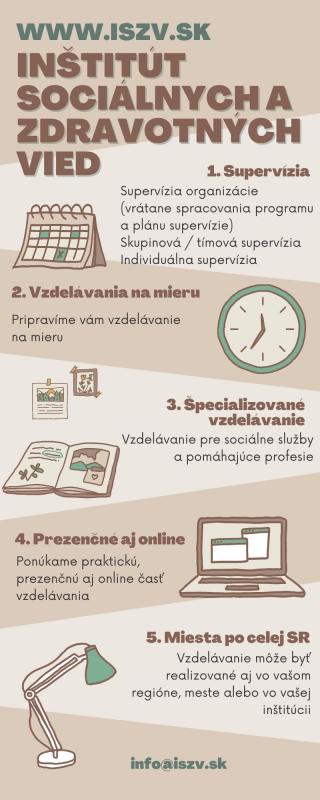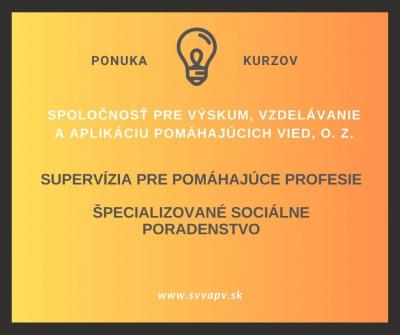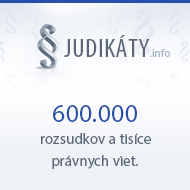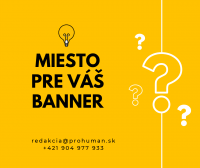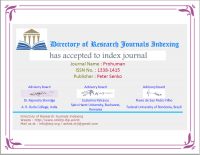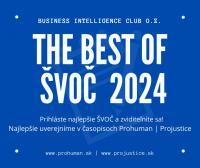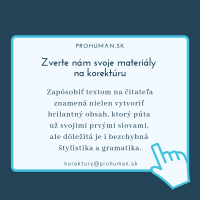Importance of education about democracy is more than necessary nowadays. Increasing popularity of right-wing extremist and populist political parties in many European countries and growing xenophobia, racism and hate-speech needs to be addressed. Citizens seem to have forgotten about the past totalitarian and authoritarian regimes and young people who never experienced this era or transition to democracy are even more vulnerable to support those anti-democratic movements. There is a gap between the remembrance of the past, the present situation and how we shape our future.
Therefore several NGOs and schools decided to organize project “Building Democratic Europe Together”. We held various activities to address the situation mentioned above that will be described in this article. Teachers and youth workers can use the outcomes of the project during their lessons or get inspired by diverse activities and methods that we applied.
The project aimed to provide for young people without living memories of the given era the space to become aware of dictatorship experiences. The project focused on the civic participation in the last decade of totalitarian regimes in several European countries targeting specific topics in each country: Slovakia and Germany - the role of democratic movements supported by the Catholic and Lutheran Churches; Hungary - fight for free speech and samizdat; Poland - Solidarity Trade Union and Greece - strikes and mass demonstrations at universities.
We used modern and innovative methods to raise awareness of the past, promote democracy, but also encourage young people to step from passive remembrance to active participation to maintain and foster democratic achievements. The most important results of the project are video interviews with former activists who were involved in social movements to fight for democracy. Young people themselves realized interviews, production, and editing of the videos. All videos are available on this link: https://budet.poli.hu/category/outcomes/video-interviews/
We also organized several events, workshops, and activities in several countries while using different non-formal education methods. Besides short presentations to introduce the historical background, we realized:
- discussions with former activists and victims who shared their narrations and experiences with young people who do not have any memories of that time;
- study-visits to museums and other institutions such as the Museum of Democratic Resistance against Dictatorship, Gedenkstätte Bautzner Straße Dresden, Memento Park, Solidarity Muzeum, Slovak Cultural Institute, etc.;
- interactive city tours around places that were important during those periods, where events or meeting of activists took place;
- photo exhibition from the most important events of the related history;
- contest from the posters made by young participants about the topics of the project;
- screening documentary films, e.g., “Oktoberfilm,” “The Legends of Paul and Paula,” “Black Box Studio” etc.;
- public events and roundtable discussion with former civil activists;
- interactive and creative workshops using arts and crafts.
We also realized survey among elder generation to find out their opinions about living in this period – e.g., if they traveled, what products were difficult to get, whether they had access to products from Western Europe, if the transition to democracy filled their hopes and expectation and many other questions.
More information about the project, all results and whole report from the survey can be found on this website: https://budet.poli.hu/ The project was supported by Europe for Citizens programme.
Text: Mgr. Lenka Čurillová
Foto: ADEL Slovakia and other partner organizations of BUDET project
.jpg)
.jpg)
.jpg)
.jpg)
.jpg)
.jpg)
.jpg)
